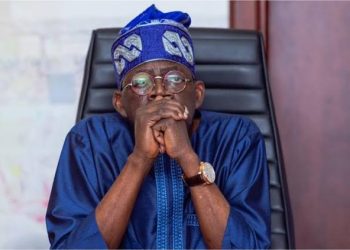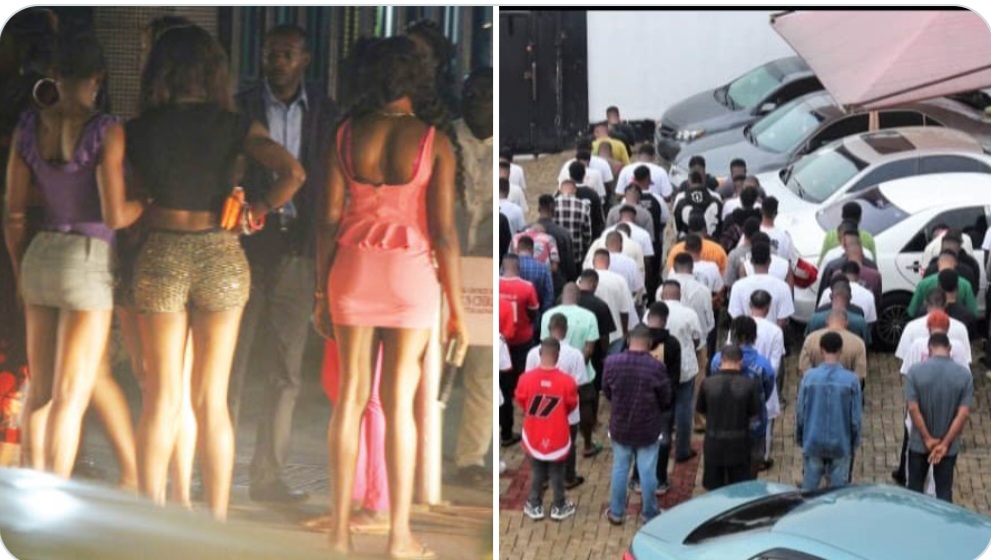The Presidential Election Petitions Tribunal (PEPT) has commenced ruling in the petitions filed by the Labour Party and Peter Obi against the electoral process that produced Bola Tinubu as Nigeria’s President.
The five member panel struck out the affected paragraphs on the grounds that they were “vague, imprecise, nebulous and failed to meet the requirements of pleadings”.
The court also said Tinubu cannot be disqualified on the basis of his forfeiture of drug money in the United States.
It noted that Tinubu was previously cleared by the Nigeria Police Force of any criminal issues in the U.S., which came through an enquiry the police had made to the U.S. law enforcement.
The judge stated that Tinubu has been able to enter and exit the U.S., and that means he has no criminal case.
Ruling in the preliminary objections filed by INEC, Tinubu and APC, Justice Abba Mohammed, who read the ruling held that “averments” must not leave room for confusion or ambiguity, adding that the aim of pleadings is to avail respondents of the facts of the case so as to prepare adequately.
PEPT in its ruling on Wednesday stated that the Labour Party (LP)’s petition of irregularities in the 2023 presidential election was generic.
Tribunal said its irrelevant that President Bola Tinubu failed to score 25% of the votes cast in at least two-thirds of the states of the federation, and the Federal Capital Territory, Abuja.
“Pleading must set out material facts and particulars. In the instant petition, there was no effort to prove specific allegations, particulars of complaints.
The law is clear that where someone alleges irregularities in a particular polling unit, such person must prove the particular irregularities in that polling unit before that petition can succeed,” the Tribunal added.
According to the Tribunal, the petitioners did not prove the particular polling units where the election did not take place nor did they specify particulars of polling units where there are alleged complainants of irregularities.
“It was only in one instance that figures were given of alleged suppressed votes and we all know that elections are about figures,” it maintained.
Justice Mohammed further faulted the petitioners for relying on a spreadsheet analysis, inspection results and experts reports.
According to Mohammed, such documents ought to be served on the respondents to enable them do their own analysis and respond accordingly.
“The spreadsheet report, inspection results and experts reports were not served but only listed as documents to be relied on in adjudicating the petition”, the court held.
It subsequently went ahead to strike out the affected paragraphs as requested by the petitioners.
Meanwhile, the court declined to dismiss the petition on grounds that Obi and LP failed to join Atiku Abubakar of the PDP, who came second in the February 25 presidential election.
The tribunal held that in an election petition case, the petitioners’ case is between the winner and the electoral body that contested the election.
The tribunal however, has delved into the merit of Obi’s Petition
LP had alleged that the Independent National Electoral Commission (INEC) reduced their scores and added it to All Progressives Congress (APC)’s votes.
But the court said LP failed to supply particulars of what they actually scored before the said reductions, neither did they supply the polling units where it happened.









